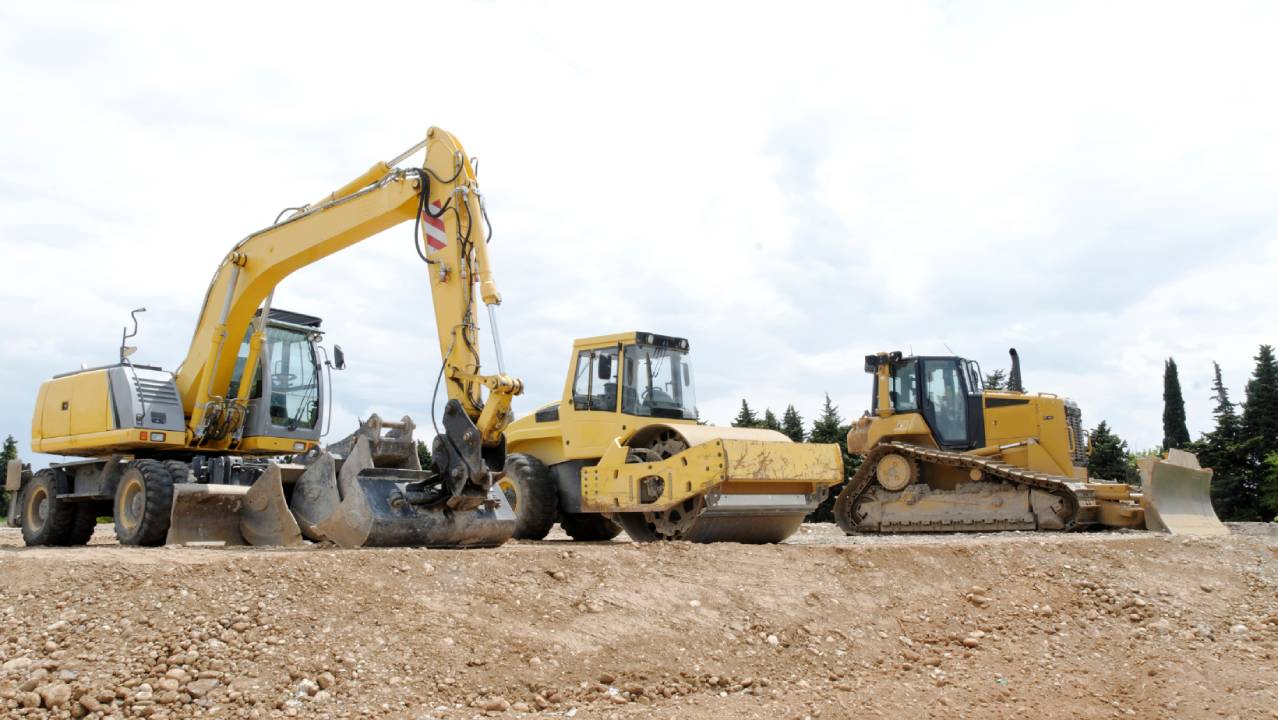In the diesel and heavy-duty repair world, productivity isn’t just about headcount — it’s about uptime. And your tools? They’re your frontline. Whether you’re a fleet manager or a shop owner, extending the life of mechanic tools is no longer just good practice — it’s a financial necessity.
A clean, well-maintained toolbox can save thousands in downtime and replacements. Yet many operations underestimate the cost of tool neglect.
Here’s how proper tool care directly affects your bottom line — with the data to back it up.
Tools Are a Major Capital Investment — And That Cost Is Rising
Mechanics’ toolkits aren’t cheap. According to Matco Tools, the average starter kit for heavy-duty techs can range from $7,000 to over $15,000 — and that doesn’t include specialty diagnostic or calibration tools needed in today’s tech-heavy equipment.
Snap-on reports that some professional techs carry tool collections valued at $50,000+. These aren’t just accessories — they’re capital assets. And every rusted wrench or dulled cutter eats into operational efficiency.
The Productivity Hit: Worn Tools = Lost Hours
The average diesel mechanic earns $30–$40/hour in North America U.S. Bureau of Labor Statistics, 2024. Even 15 minutes of wasted time hunting down or fixing tools can cost:
- $10 per incident per tech
- $100+ per month in lost time per employee
- $1,200+ per year in avoidable costs — per mechanic
Multiply that by your shop size and it adds up fast.
Proven Habits to Extend Tool Life (and Maximize ROI)
Following basic upkeep protocols can increase tool life by 2x or more, according to Openbay’s maintenance research Openbay, 2022.
- Clean after every use – Dirt, grease, and metal shavings degrade performance.
- Store in dry, organized environments – Moisture is rust’s best friend.
- Sharpen regularly – Dull cutting tools reduce accuracy and increase risk.
- Oil moving parts – Prevents corrosion and mechanical binding.
- Inspect for wear & tear weekly – Early identification can prevent bigger failures.
Even a modest tool maintenance program can reduce replacement costs by up to 25% annually, per Heavy Duty Trucking Magazine.
For Shop Owners & Fleet Managers: The Hidden ROI of a Tool Care Culture
Tool management isn’t just the mechanic’s responsibility — it’s a culture. Investing in simple measures like:
- Tool tracking systems (QR-coded inventory)
- Clean zone policies
- Dedicated maintenance kits
- Monthly tool audits
…can drastically reduce tool loss and wear. SHRM notes that creating a culture of accountability and care reduces overhead waste by up to 18%.
The Bottom Line
Whether you’re running a five-bay shop or managing a national fleet, tool neglect drains dollars — slowly and silently. But implementing a culture of care and structure around tool upkeep can generate thousands in recovered productivity and saved capital.
Don’t let your most used assets become your most overlooked expense.







